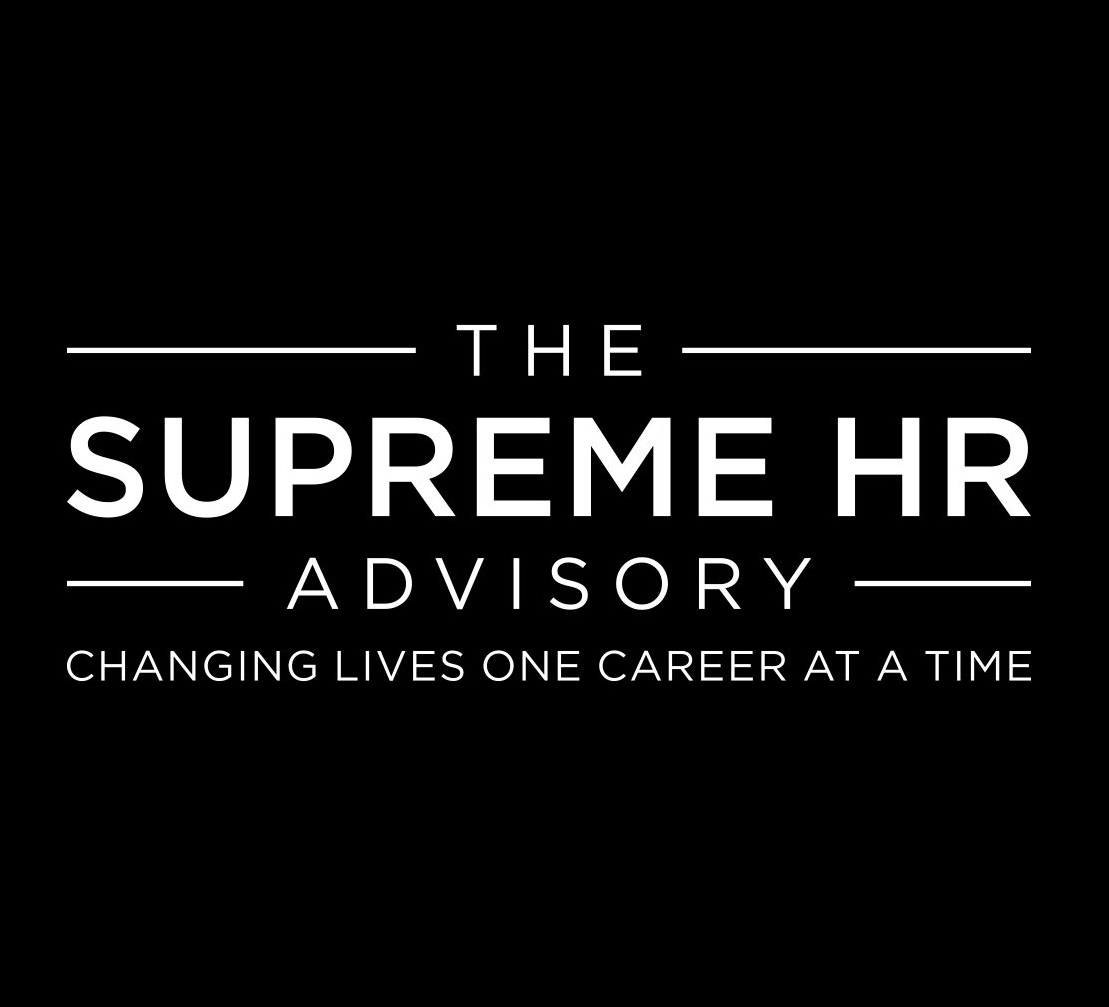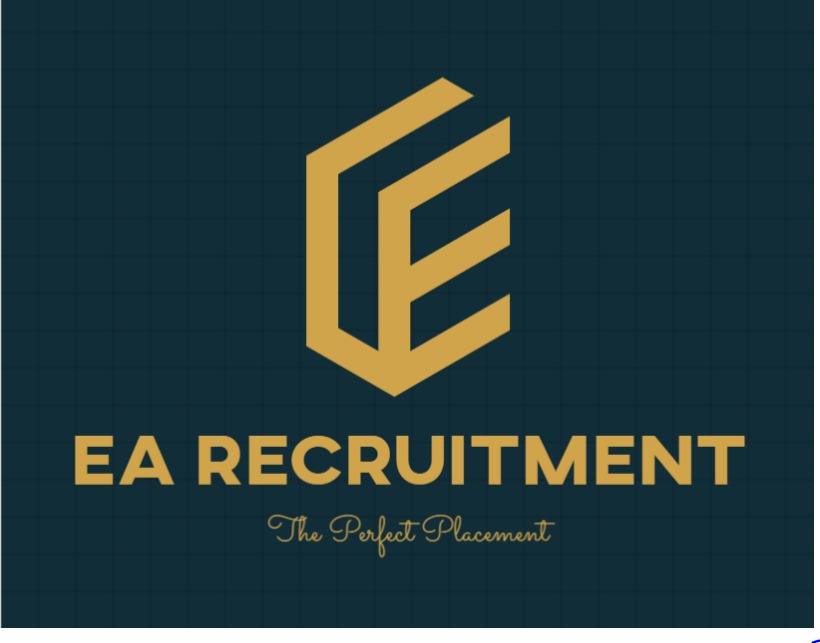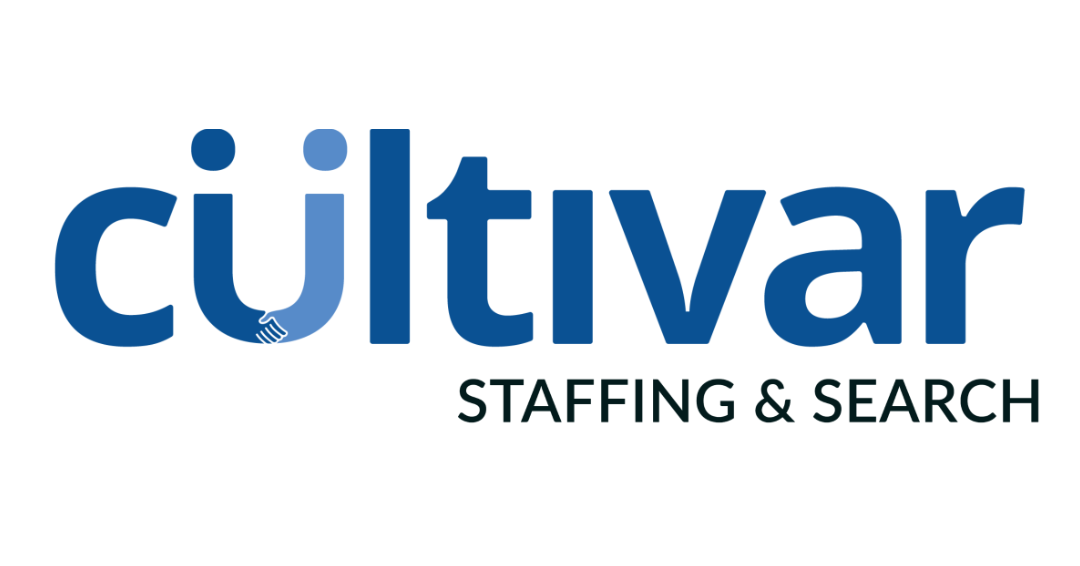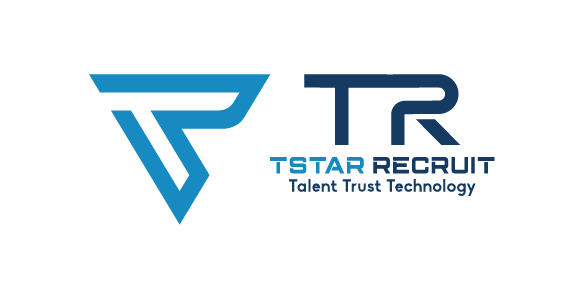The Manufacturing Director is responsible for managing and overseeing all manufacturing operations to achieve production targets, maintain quality standards, and ensure a safe working environment. This role focuses on improving operational efficiency, driving continuous improvement, and aligning manufacturing strategies with the overall business goals. The ideal candidate will bring a wealth of experience in production management, process optimization, and leadership within a manufacturing environment.
Key Responsibilities:
1. Strategic Manufacturing Leadership:
• Develop and execute a long-term manufacturing strategy that aligns with business goals.
• Lead the development of production plans to meet customer demand while optimizing costs.
• Collaborate with senior leadership to plan capacity, product development, and investments in new technologies.
• Ensure the scalability and flexibility of manufacturing processes to meet future business needs.
2. Production Planning & Operations Management:
• Oversee the planning, scheduling, and execution of daily production activities.
• Ensure production schedules are met while maintaining high quality and safety standards.
• Manage production workflows to maximize efficiency and minimize downtime.
• Optimize equipment usage and oversee maintenance programs to prevent breakdowns.
3. Quality Assurance & Compliance:
• Establish and maintain quality control processes to ensure product standards are consistently met.
• Ensure compliance with industry standards and regulations, including ISO certifications.
• Work closely with the quality assurance team to address any product defects or customer complaints.
• Implement corrective actions to continuously improve product quality.
4. Continuous Improvement & Lean Manufacturing:
• Drive continuous improvement initiatives to enhance productivity, reduce waste, and improve cost efficiency.
• Implement lean manufacturing principles, Six Sigma, and other process improvement methodologies.
• Evaluate and upgrade manufacturing technologies and processes to stay competitive in the market.
• Monitor key performance indicators (KPIs) to assess and improve operational performance.
5. Health, Safety, and Environmental (HSE) Management:
• Ensure the manufacturing facility complies with health, safety, and environmental regulations.
• Implement policies and procedures to create a safe working environment.
• Conduct regular safety audits and ensure employees are trained on safety protocols.
• Lead incident investigations and implement preventive measures to avoid future occurrences.
6. Financial Management:
• Prepare and manage the manufacturing budget, including labor, materials, and overhead costs.
• Identify opportunities to reduce manufacturing costs without compromising quality or safety.
• Oversee inventory control processes to optimize stock levels and minimize waste.
• Ensure production activities meet financial targets and contribute to overall business profitability.
7. Team Leadership & Development:
• Lead and manage a team of production managers, supervisors, and technical staff.
• Foster a culture of accountability, continuous improvement, and employee engagement.
• Conduct performance reviews, set goals, and identify development opportunities for team members.
• Promote cross-functional collaboration between manufacturing, engineering, quality, and other departments.
Job Requirements:
Education:
• Bachelor’s degree in Manufacturing, Mechanical Engineering, Industrial Engineering, or Business Management.
• Master’s degree in Business Administration (MBA) or a related field is highly desirable.
Experience:
• 10+ years of experience in manufacturing operations, with at least 5 years in a leadership role.
• Proven track record of managing large-scale production facilities.
• Experience with lean manufacturing, Six Sigma, or similar continuous improvement methodologies.
• Experience in implementing digital transformation strategies within manufacturing operations (Industry 4.0).
Skills & Competencies:
• Strong leadership and people management skills.
• Excellent problem-solving and analytical thinking abilities.
• Deep knowledge of production planning, quality management, and equipment maintenance.
• Financial acumen, with experience managing budgets and controlling costs.
• Excellent communication and negotiation skills.
• Proficient in ERP systems (e.g., SAP, Oracle) for production management.
• Knowledge of HSE regulations and best practices.
Key Performance Indicators (KPIs):
• Production output vs. target
• Quality defect rates
• Downtime and machine utilization rates
• On-time delivery rates
• Cost savings and budget adherence
• Employee engagement and retention
Preferred Qualifications:
• Certification in Six Sigma (Black Belt or Green Belt).
• Experience with automation and smart manufacturing technologies (Industry 4.0).
• Experience managing multi-site manufacturing facilities.
• Knowledge of supply chain and logistics to ensure seamless production flow.
Key Challenges:
• Balancing cost reduction initiatives with quality improvement.
• Managing
























